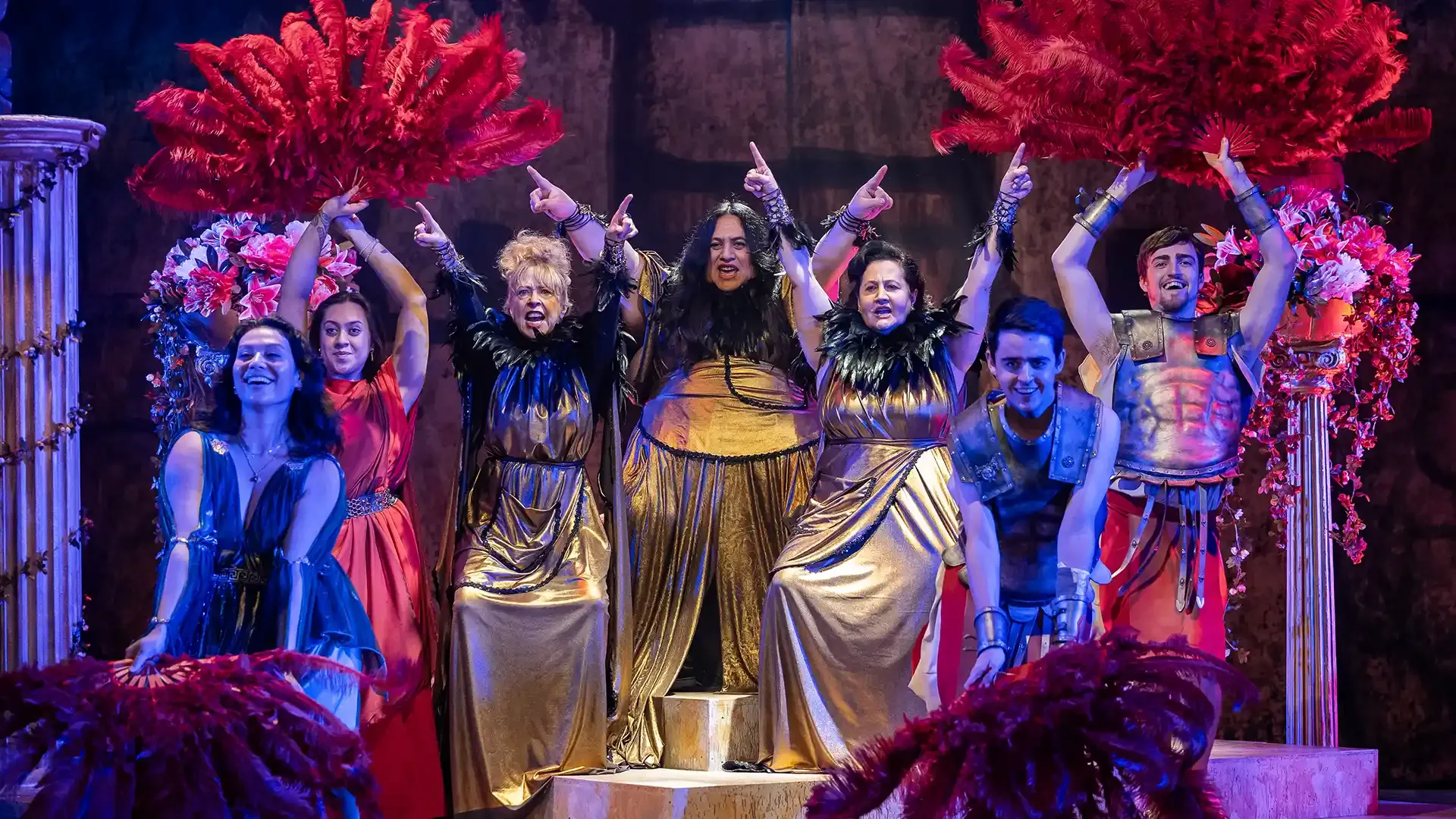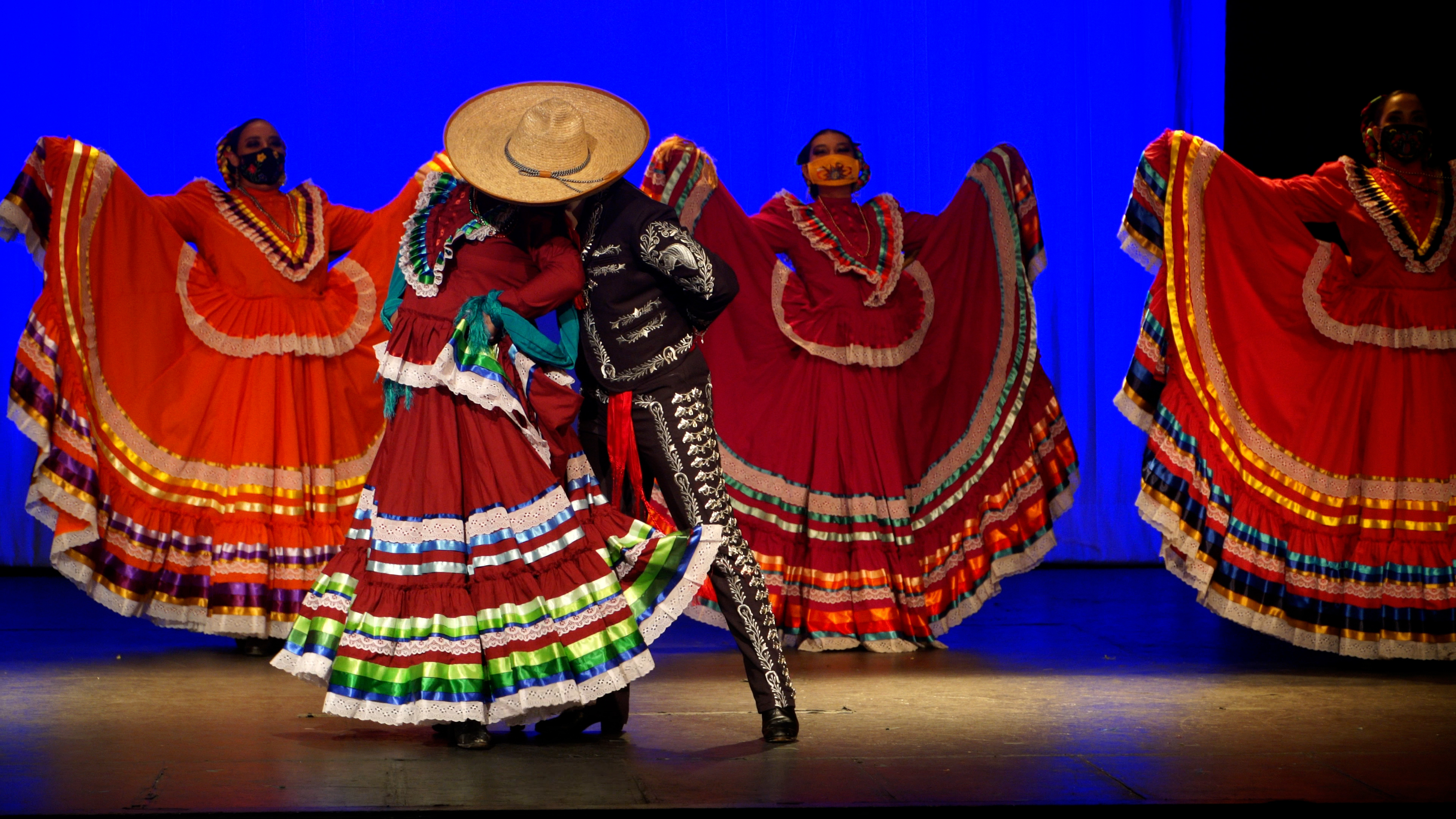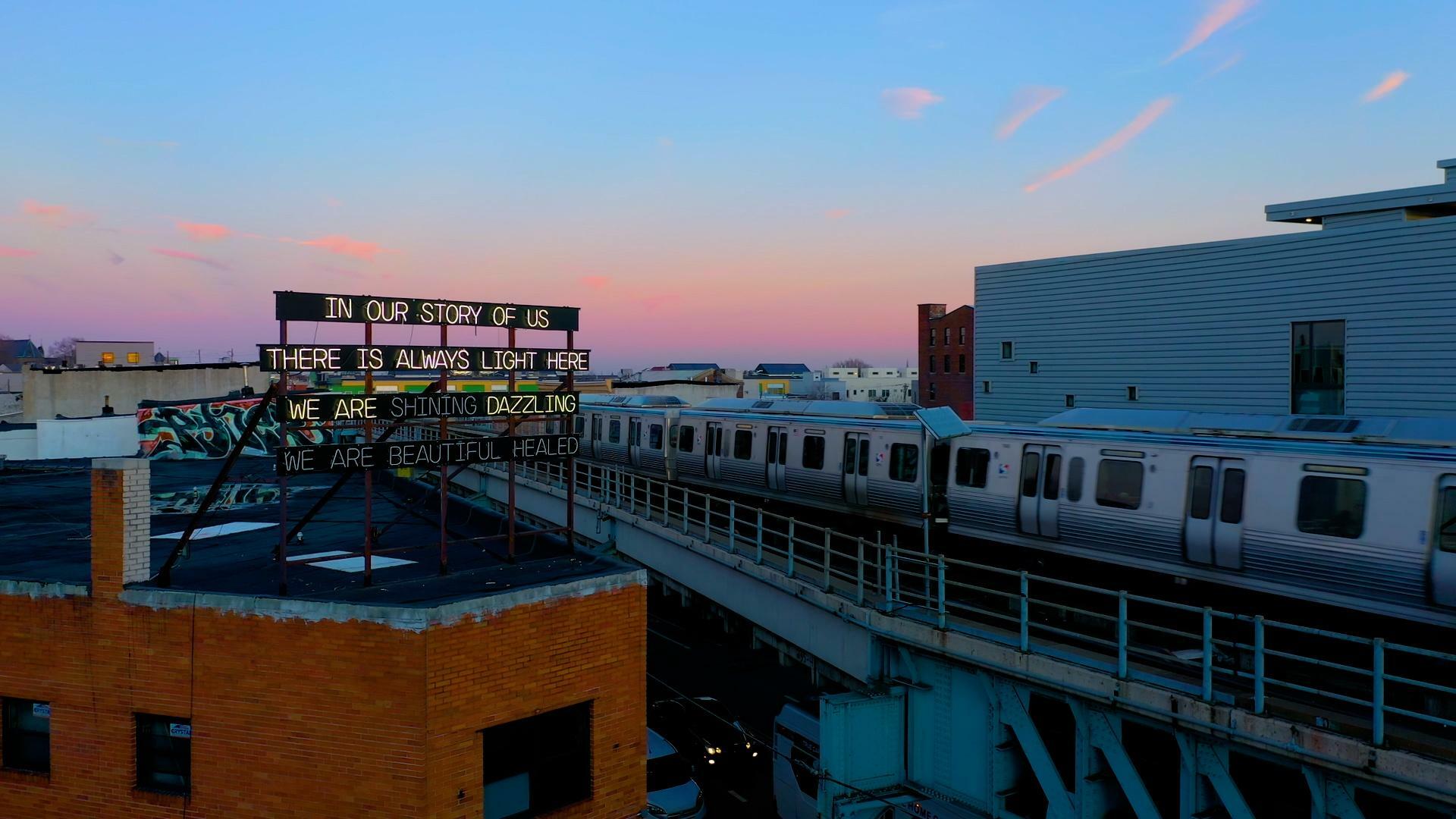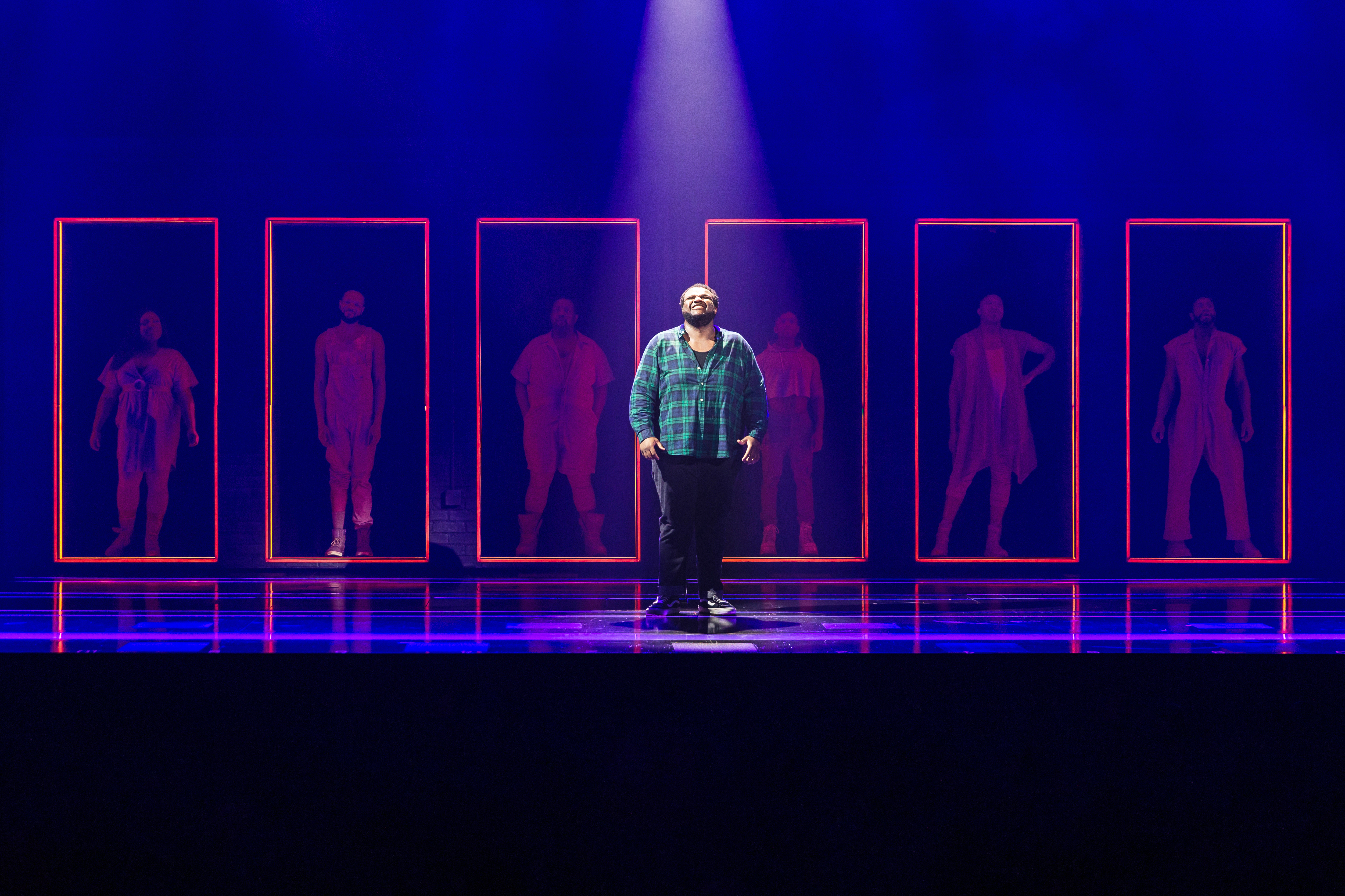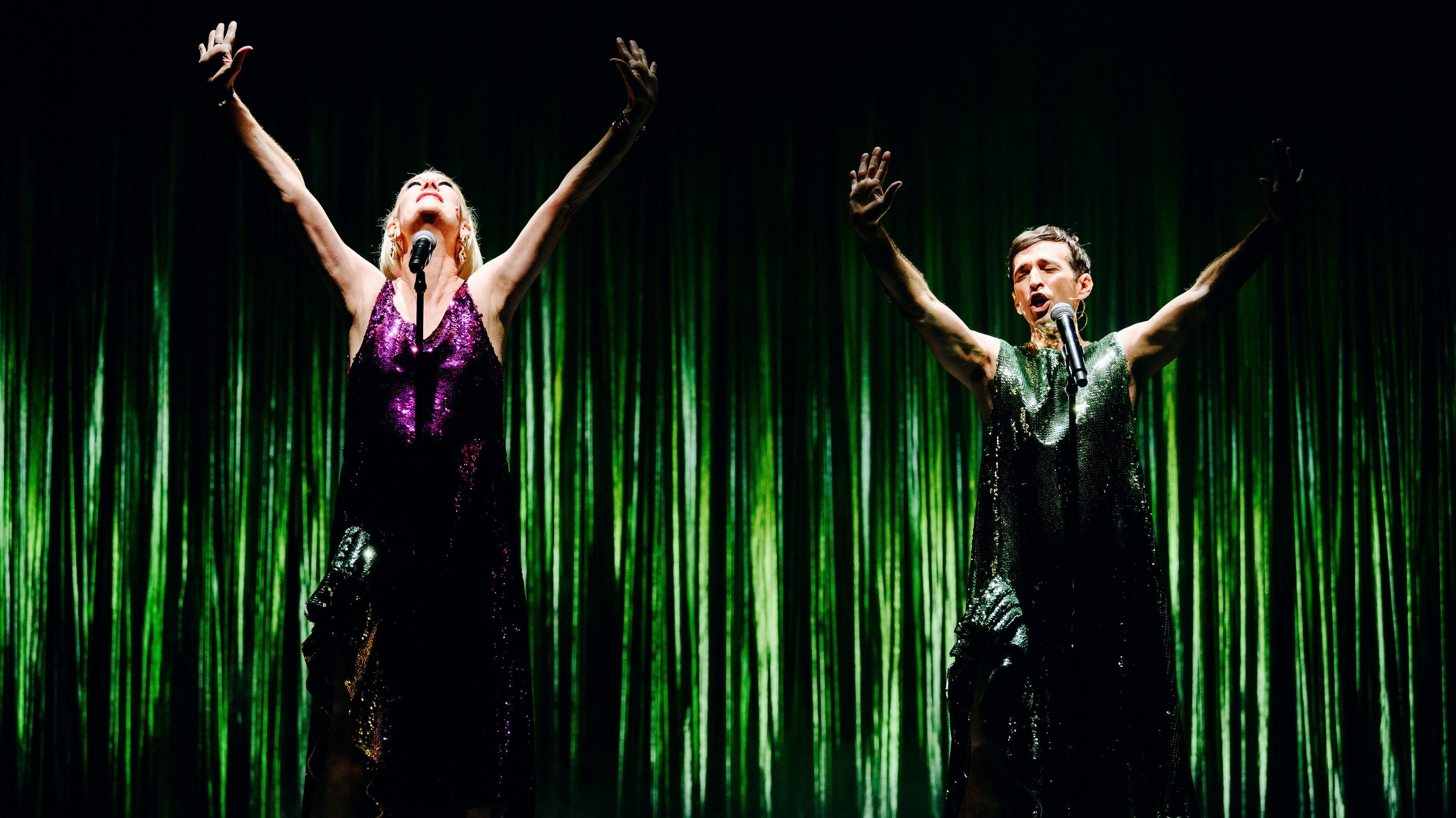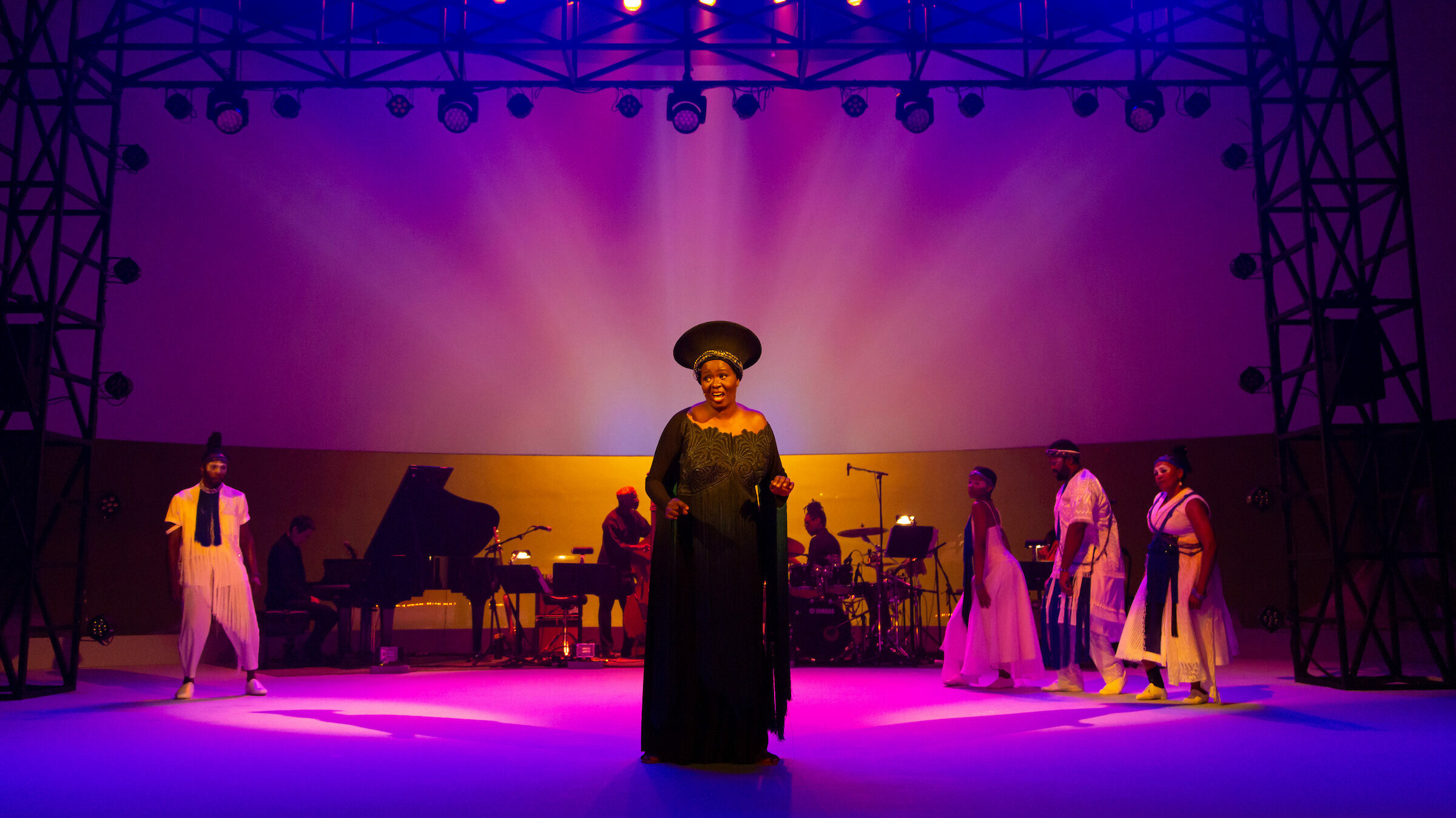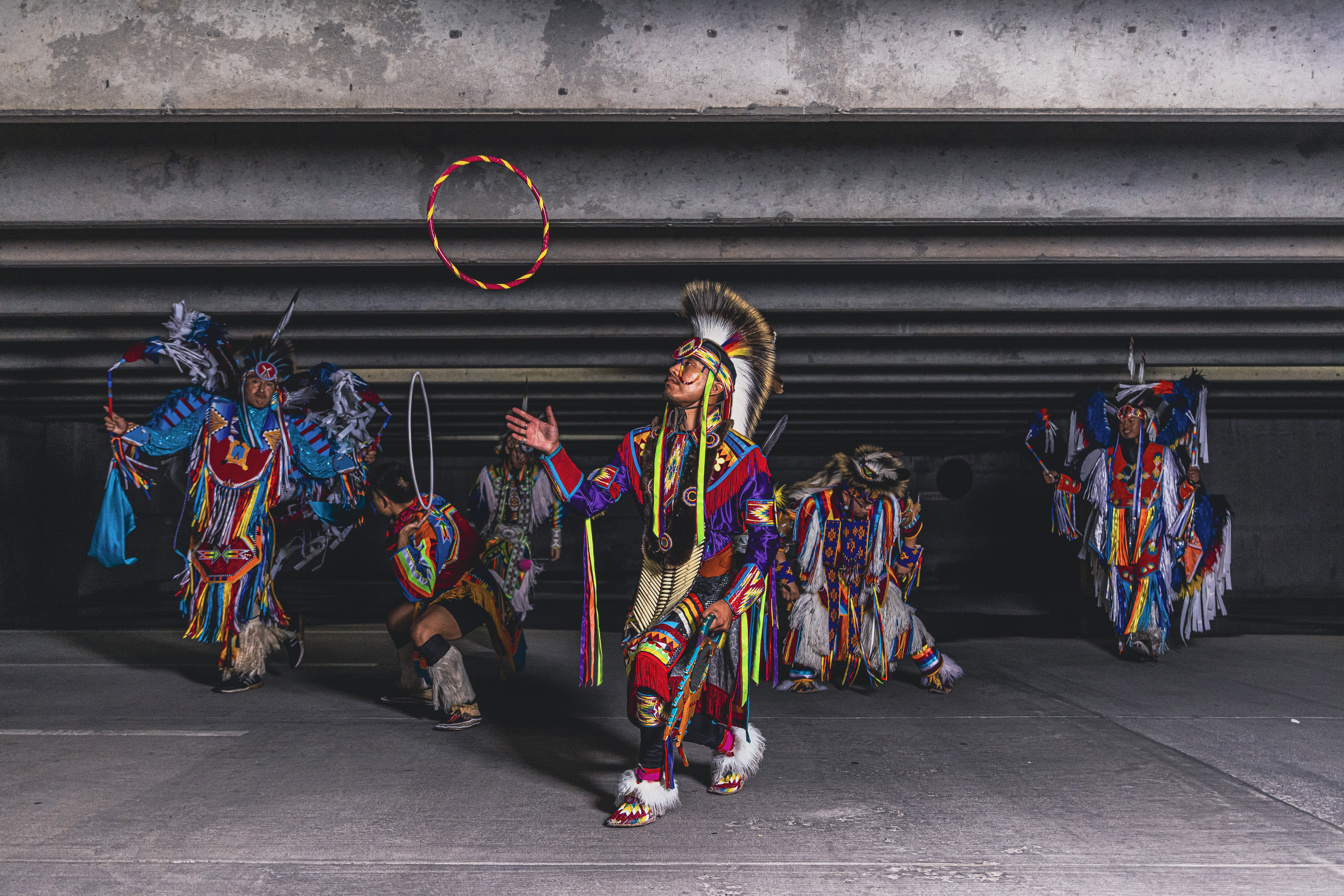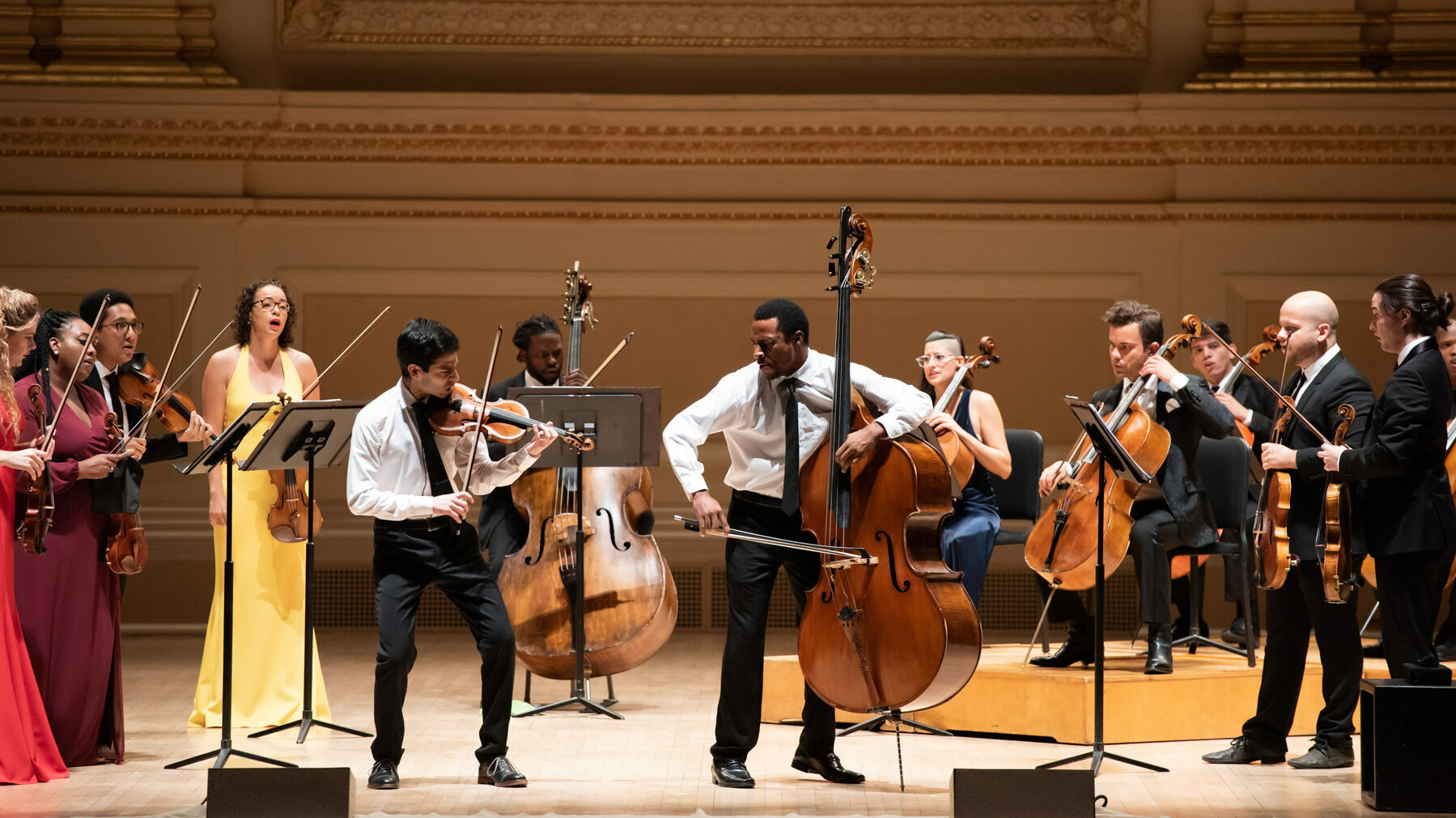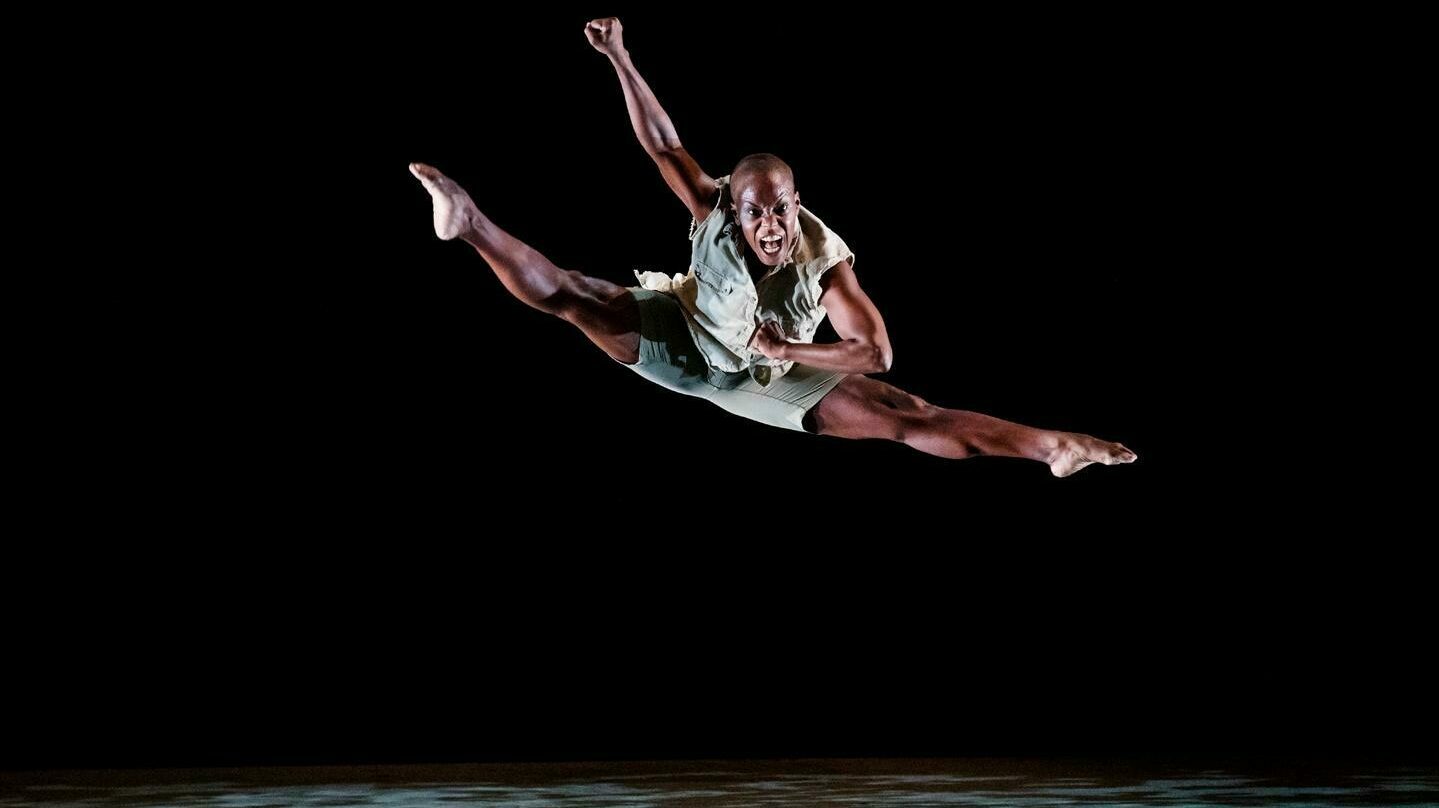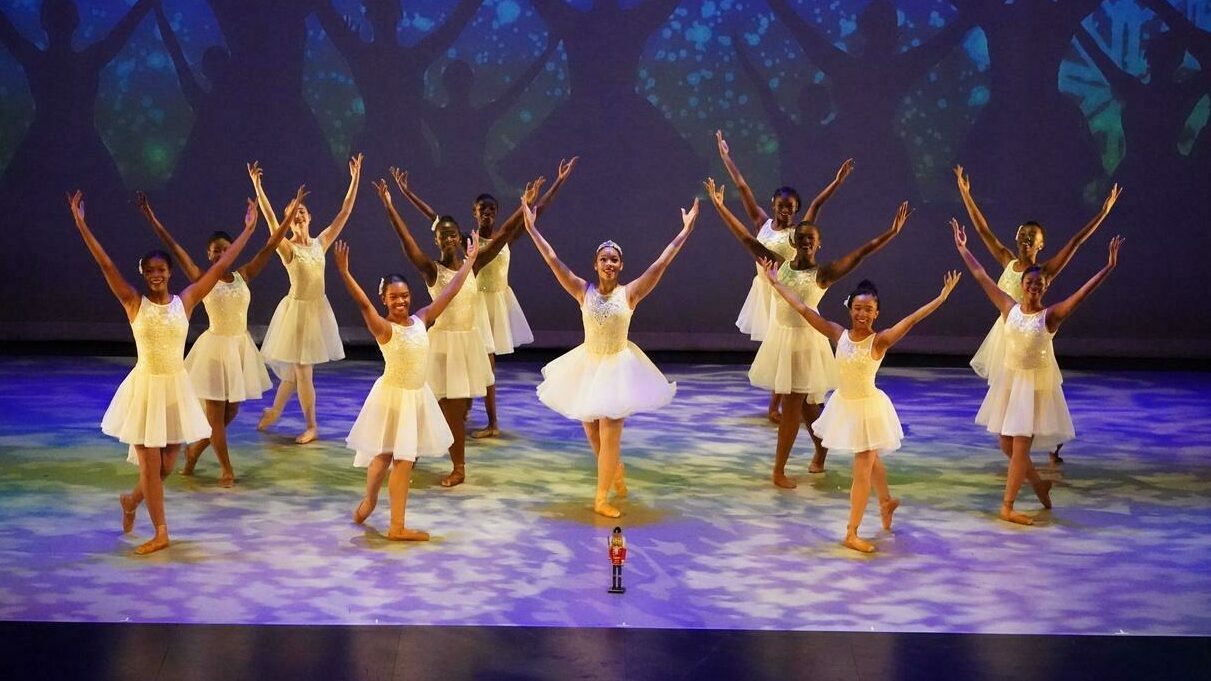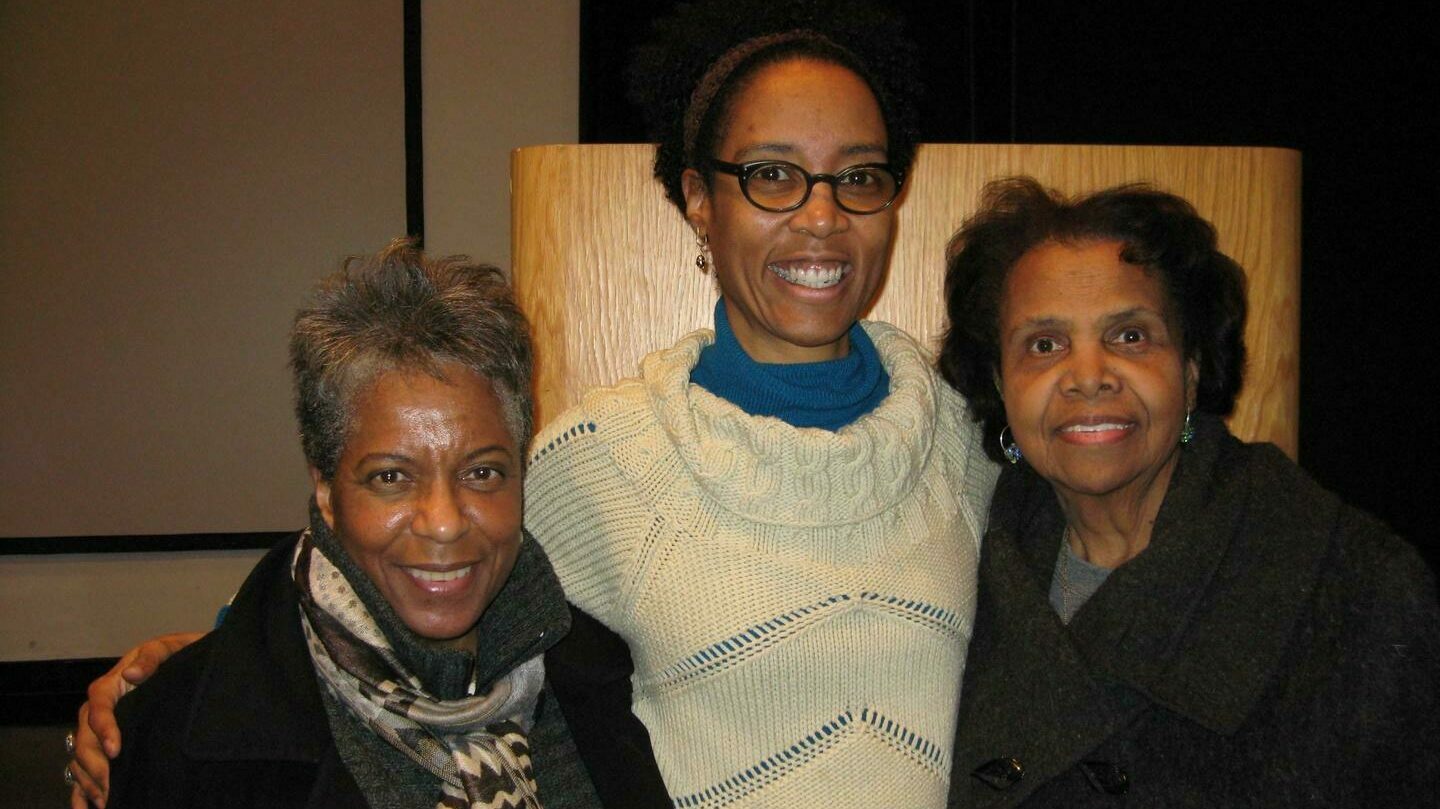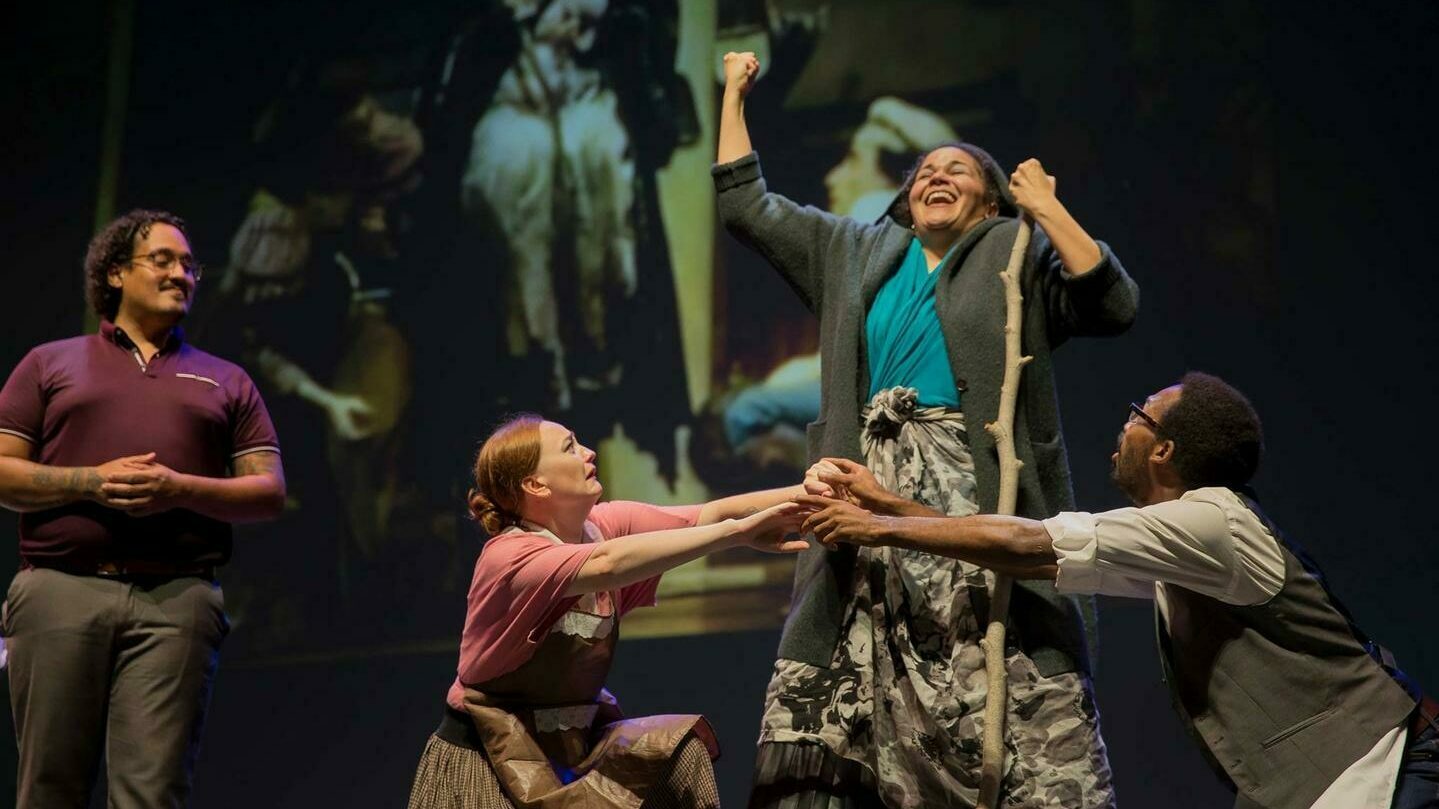As part of #PBSForTheArts, a multiplatform campaign from PBS and The WNET Group celebrating the resiliency of the arts in America during the COVID-19 pandemic shutdown and reopening, we’re pleased to present a series of artist interviews spotlighting the inspiring pandemic survival stories of artists across the country. From Broadway dancers and concert performers to classical musicians, visual artists, and beyond, discover how these creative, resourceful artists have kept the arts vivid and vital during the pandemic.
Alexia Sielo Velazquez is the co-founder — with her sister Victoria Velazquez — of Women of Color on Broadway, a non-profit organization dedicated to increasing musical theater opportunities for women of African, Latin, and Asian descent. In the following interview, Velazquez talks about the surprising moments of self-reflection she has experienced during the pandemic, upcoming Women of Color on Broadway projects, and more.
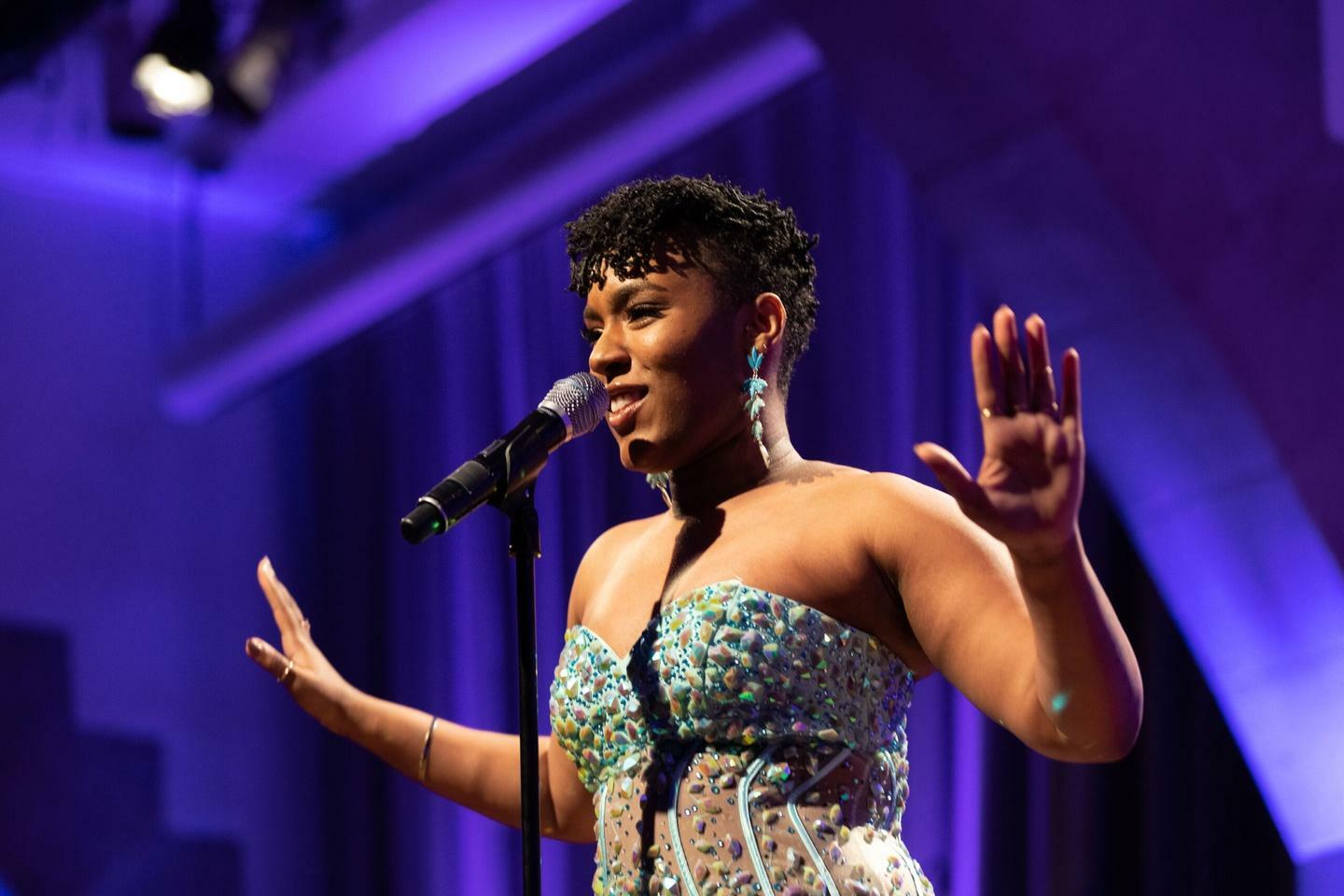
Did you have performance engagements or events that were postponed or cancelled due to the COVID-19 performance shutdown in March 2020?
Yes. I was rehearsing for a production of Memphis in North Carolina when our former President declared a state of emergency. The production team was gracious enough to have the cast and crew tested before we were all sent home, but I was so disappointed because I’d been there for only two weeks before the theater announced its closing.
I also had big plans for Women of Color on Broadway. As the Artistic Director, I take pride in our strong reputation for producing great concerts. It was so exciting to have our tribute concert honoring Melba Moore, LaChanze, and other women who have contributed to cultural diversity on Broadway premiere on public media’s ALL ARTS TV channel and streaming platforms in October 2020 as part of their House Seats series. After that amazing experience, Victoria and I wanted to start producing original plays and/or musicals written by women of color. We planned to use these productions as a stomping ground for our L.I.W.I.C. education program. (The acronym stands for Library, Interviews, Writer’s Workshop, Internships, and Career Center.) To sit for an entire year without the ability to produce these shows was disheartening.
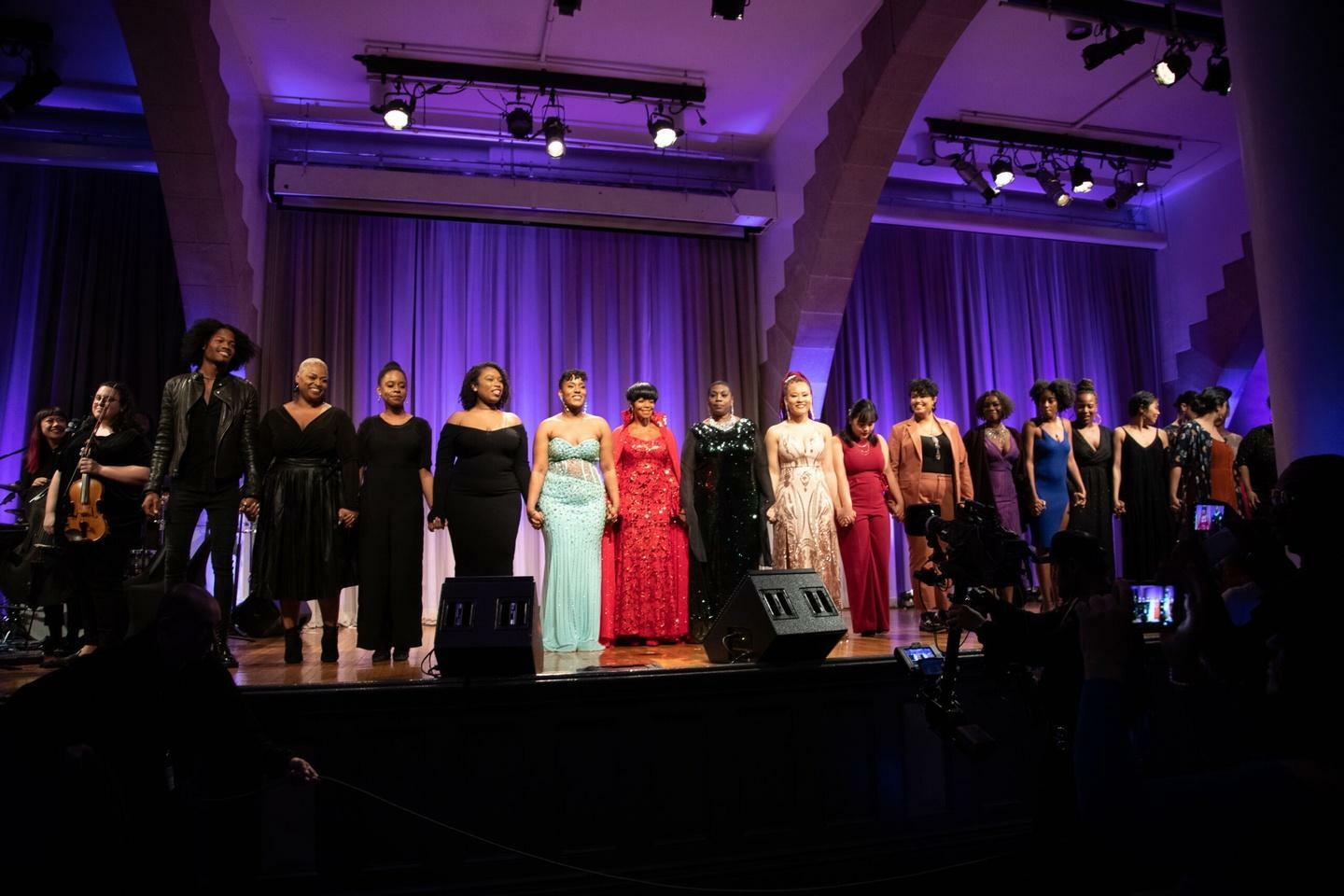
What inspired you to create Women of Color on Broadway?
I was preparing to graduate from the Professional Conservatory of Musical Theatre at New York Film Academy in May 2018. I was one of three women of color in the entire class. I was speaking with my classmates about casting and asked, “What kind of roles do you think I should pursue after graduation?” The answers included the usual characters assigned to Black women studying contemporary musical theatre: Rent's Joanne Jefferson, The Color Purple's Celie, and Hamilton's Schuyler sisters. When I asked which roles my friends Lee (who is from Africa) and Genesis (who is from the Dominican Republic), should pursue, the answers were the same.
I thought to myself: if the three of us are all talented performers with uniquely individual skill sets and talents, why are we being limited to the same roles?
I shared this conversation and my concerns about the lack of quantity and quality of theatrical roles for women of color with my sister Victoria, who was preparing to graduate from NYU’s Tisch School of the Arts. The conversation inspired us to produce our first show, Women of Color on Broadway Tribute Cabaret. Two years later, the concert grew into an organization with a mission to uplift women of African, Latin, and Asian descent who are pursuing a career in musical theatre, by presenting networking and career opportunities to female students of color.
What are some of the shows, events, and achievements you’re most proud of since the launch of Women of Color on Broadway in 2018?
I am most proud of our education program. Despite the national shutdown, we awarded 10 women of color creative and executive internships in the past year. I am also very proud of the fact that even though our artistic programming was heavily impacted by the national shutdown, we still managed to employ over 50 women of color and BIPOC creatives this past year.
Who are the women of African, Latin, and Asian, and Indigenous descent on Broadway who inspire you, onstage and behind the scenes?
I greatly admire our teachers, and firmly believe there isn’t enough representation in the system when it comes to arts education. We should have teachers with diverse backgrounds teaching the next generation of creatives. When I was in college, my dance instructor, Deidre Goodwin -- a phenomenal teacher and mentor -- was the only instructor who was a woman of color in my school. She is a veteran in the entertainment industry with credentials including Chicago on Broadway and the FX series Pose. As an established Black performer, she was able to counsel me through many important things as I entered the theater industry.
We should celebrate everyone who goes the extra mile for students. But we should also advocate to diversify our group of instructors in every arts institution.
What has been the most difficult thing for you as performing artist during the pandemic?
Sitting still! For as long as I can remember, I’ve entered every show, club, workshop, and summer program you can think of, because I like to be challenged as an artist. I love being busy.
One night, before the pandemic, I headlined a 9 p.m. cabaret at Feinstein’s/54 Below for WOCoB the same night I performed a lead character in an Off-Broadway musical, We Are the Tigers. The show ended at 8 p.m. in downtown Manhattan, so I had less than an hour to take a cab to Feinstein’s/54 Below in midtown, change, and warm up for the cabaret. It sounds crazy, but a part of me loved it. That said, you can imagine the impact sitting still had on me at first, but eventually I decided to take this newly found time as an opportunity to explore self-care and other creative interests, such as directing.
Support your local PBS station in our mission to inspire, enrich, and educate.
What has helped you maintain a sense of hope and optimism during these challenging times?
I think quarantine was a humbling experience for a lot of performers and creatives. It forced us to reflect on the things we’ve prioritized in the past and evaluate whether or not they were the healthiest decisions. For me, it was about self-care and putting myself first. I’ve had time to think about what I really want to accomplish in my life, professionally and personally.
Quarantine has also challenged Victoria and me to generate new projects for Women of Color on Broadway. We have a lot of great ideas for our education program and artistic programs, and we look forward to pursuing them within the next year.
What’s next for you?
Victoria and I are working on a development plan to expand our artistic programming and open a tuition-free women’s arts college to support the advancement of women of color in the theater industry. We really believe that in order to initiate true change in the theater industry, we have to focus on the next generation. It’s a huge undertaking, but we see it as a great and important opportunity to equip creatives from marginalized communities with the materials and resources they need to become outstanding professionals in entertainment without the burden or anxiety of student debt. Look for live events and media projects produced by WOCoB in the coming months to support the development of our school. I urge everyone who believes in our mission to follow our journey and support us in any way they can.
Stay up to date with Alexia Sielo Velazquez on Instagram.
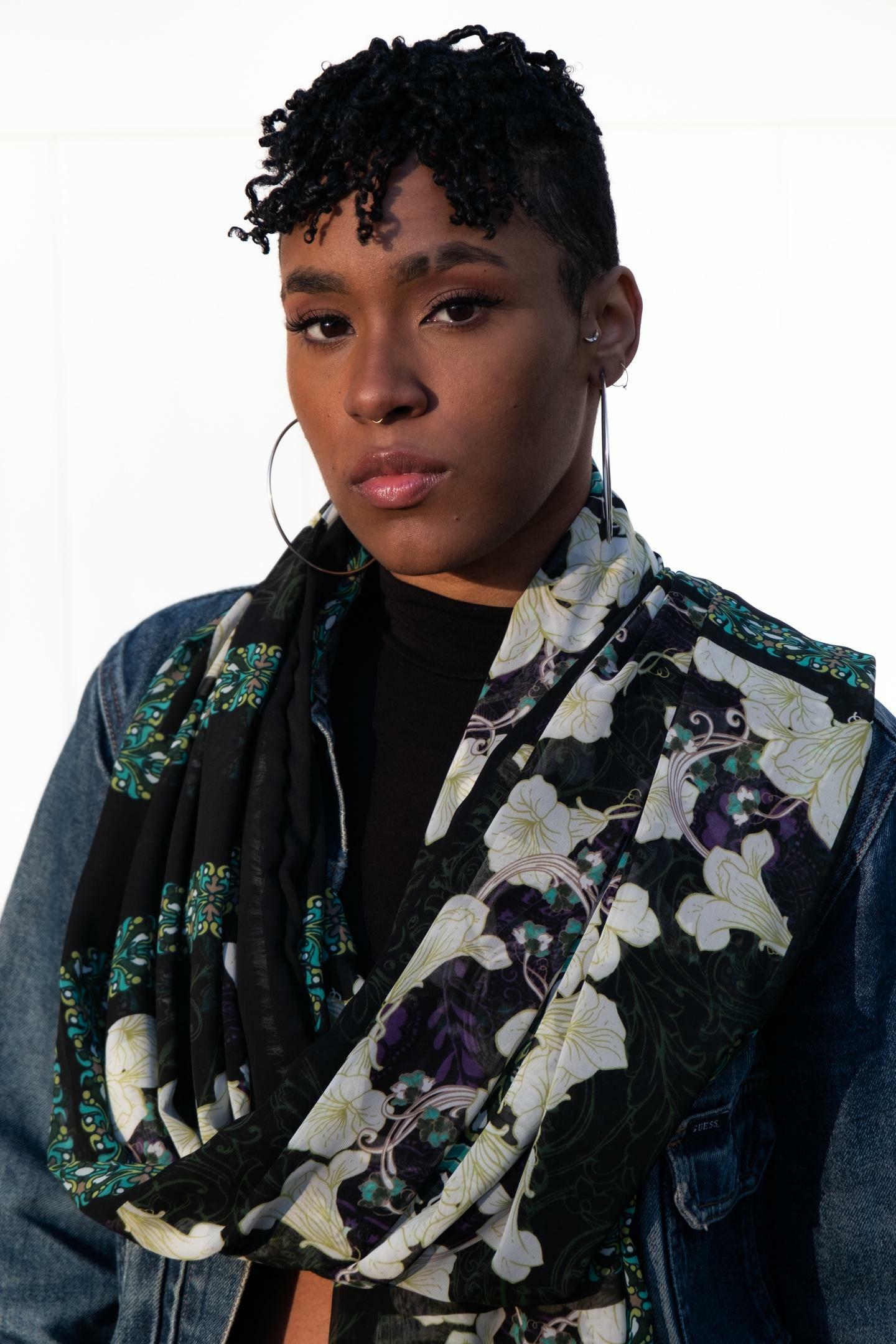
Women of Color on Broadway
Watch the ALL ARTS special House Seats: Women of Color on Broadway, a star-studded concert filmed at the Great Hall at The Cooper Union, honoring Tony Award winners Melba Moore and LaChanze, and other extraordinary women who have contributed to cultural diversity on Broadway.
Learn more about Women of Color on Broadway via their website, or follow the organization on Facebook, Twitter, or Instagram.

The best of PBS, straight to your inbox.
Be the first to know about what to watch, exclusive previews, and updates from PBS.
More from #PBSForTheArts
- 1
- 2
- 3
- 4
- Next

